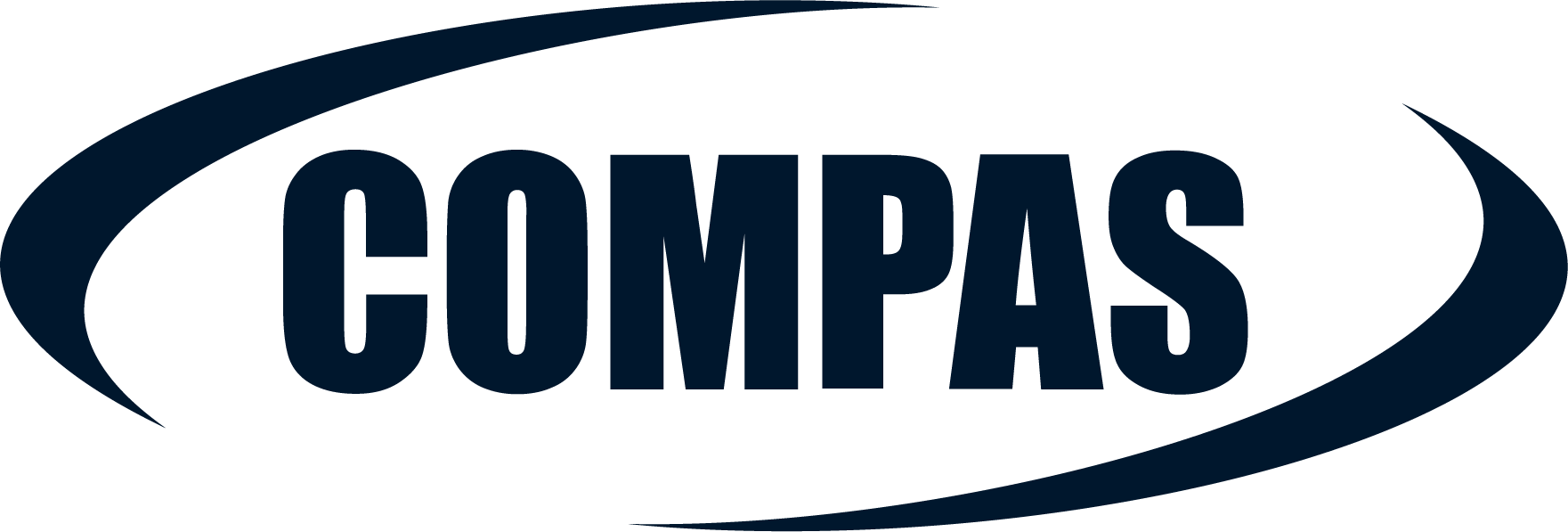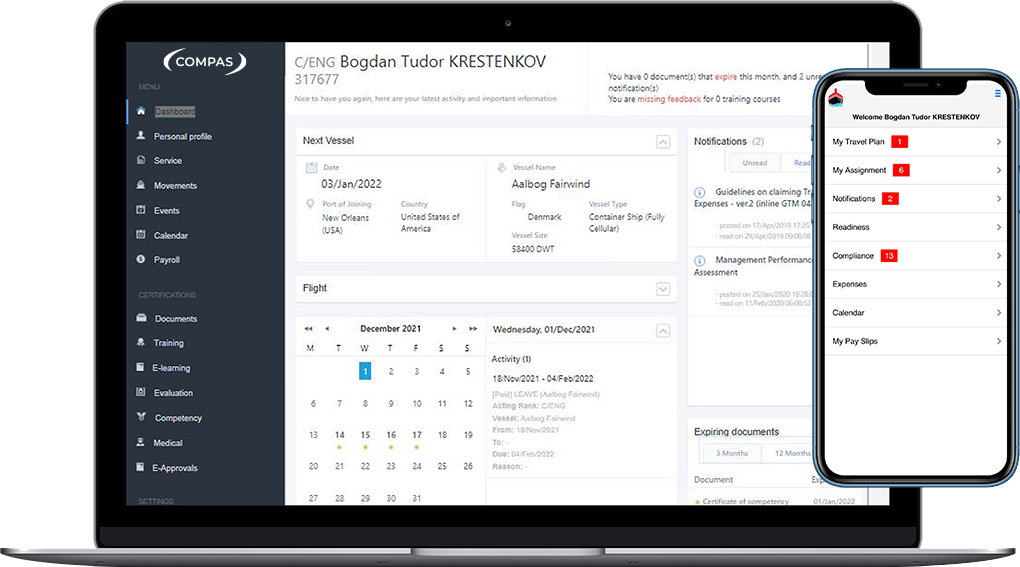Tackling Problems at Sea: Onboard Conflict Resolution
Increasingly, maritime charities have reported an increase of conflict onboard vessels. Numerous welfare organisations, such as ISWAN and Mission to Seafarers, have raised concerns as tensions rise between crews.
At the extreme end of the scale, there have been reports of violence and intimidation, which are making life intolerable for many onboard. Even on vessels not wracked by aggression, there have been details emerging where relationships have deteriorated, and even senior officers have been unable or unwilling to communicate. This has serious implications, not just for social cohesion onboard, but for safety too.
Breakdown of Relationships
When professional relationships break down it means that problems quickly intensify. The team rationale onboard, whether on the Bridge, Deck or Engine Room, requires constant flows of information, sharing and engagement.
Where these fail, then problems of all kinds can emerge. The impact of external forces have a large impact, and whether it is seafarers receiving news from home, reading news or even being taunted via VHF, the effects can rip apart the structures which are designed to keep people safe, and ships operating effectively.
Of course, not all people on board a ship will get along, even in more benign times there may be personality clashes, disputes and even anger, but thankfully the systems, structure and discipline are usually maintained. Unfortunately, especially for vessels with both Russian and Ukrainian seafarers onboard, then the normal expectations are difficult to maintain.
Arguments, tensions and frustrations on board are capable of sparking violence, so action is needed to ensure that risks are understood and managed. Any potential conflicts need diffusing and tackling head-on, and issues need careful and sensitive management. The reality of life onboard for seafarers means there is no escape as people live and work together. So, every interaction, especially if negative can have a magnified and amplified impact.
Management Pressures
For any shipboard manager, the first stage is to display leadership. According to academic research. Research by Reynolds and Kalish (2002) showed that leaders ashore spend around 25 percent of their time resolving conflicts.
Unfortunately, at sea very often the management skills, conflict management experience and time to deal with such issues are not as they used to be. Action is needed though, and if conflict is likely, then seafarers need to be able to head it off or deal with it.
How to Defuse Conflict
Defusers
A neutral, trusted referee is vital. There are two sides to every argument, and with tensions rising someone needs to be able to sit remote, removed and calm in the midst of the conflict. Naturally this would be the Master – but not always. It is important to have people across the vessel hierarchy, who can adopt the neutral, soothing stance.
Safe Space
With someone able to talk things through and defuse tensions, it is also important to have a place where this can be done. Private, behind closed doors, and away from eager ears. This could be the Master’s office, but finding the right place to sit down, perhaps over a cup or tea (yes, yes, the British defuser) is key.
Distraction
While it is easy to mock the use of making a hot drink, actually the act of filling the kettle, boiling the water…and quietly waiting serves as a great distraction. In almost a ceremonial way these steps can draw anger away, adrenaline seeping from bodies so that there is a chance to sit calmly and dissect the problems.
Listening
Led by the defuser, the injured parties should be given a chance to put their side forward. Asking them to agree to the toss of a coin as to who speaks first is an idea – so as to not show favouritism. Then actively listening, without interruptions. This means hearing what is being said to understand, rather making a judgement.
Commonality
The key to resolution is in initially calming, but then agreeing a common goal. That could be that we are all stuck on a ship, and need to get safely where we are going. Then promising to review after a period of time, with parties agreeing to try and get along.
Monitoring
Having brought those in conflict together, in a safe space and listening as we have found commonality, the final step is to keep an ear and eye on progress. Have the steps worked, or do we need to bring them together again? This is not necessarily an overt oversight, but just getting a sense of whether things are easing or not.
The Right Resources
At Ocean Technologies Group, we have long appreciated the importance of equipping seafarers with the right resources to cope with stress, and to play their part in creating good working relations with their fellow crew members. Now as relationships are threatened as never before, it is time to think of the skills needed and the solutions that can make life better, which can ease problems and hopefully steer us clear of conflict.
Our online and virtual programmes are invaluable to our many customers, but we also recognise that not everything can be fixed by technology. There is no replacing the human interaction that our maritime charities provide, which is why it is so important to talk, to share feelings and experiences. A great and invaluable resource for seafarers is the ISWAN Seafarers Helpline, and there are also dedicated resources for Ukrainian seafarers, or those suffering the impacts of the current crisis.
To access funds, support or to talk to someone who can help, visit, https://www.seafarerswelfare.org/ukraine-crisis or https://www.seafarerhelp.org/

Crew management: On Shore. On board. In the cloud.
Maritime HR platform that meets the crew management needs of any ship manager, offshore oil, gas, and alternative energy operator.

